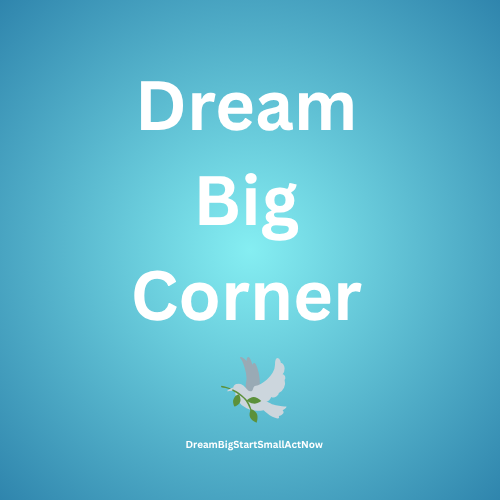Mindset: The New Psychology of Success
“Although people may differ in every which way – in their initial talents and aptitudes, interests, or temperaments – everyone can change and grow through application and experience.” – Carol S. Dweck
Most of us face challenges in life that can either stop us in our tracks or propel us toward our destiny. Mindset shows us that the difference lies in how we see ourselves and our abilities. People with a fixed mindset see their talents as set in stone—they avoid challenges, fear failure, and seek approval. People with a growth mindset, on the other hand, believe they can develop skills through effort, learning, and persistence. They embrace challenges, adapt to setbacks, and keep going until they succeed.
The book highlights how mindset shapes every part of our lives—from school and work to relationships and personal growth. Here’s what you need to know:
1. Fixed Mindsets Inhibit Growth; Growth Mindsets Encourage Development
Fixed mindset: People believe their abilities are unchangeable. They avoid challenges, worry about judgment, and give up easily. Failures feel like proof of their limits.
Growth mindset: People embrace challenges as opportunities to learn. They persevere, adapt their approach, and see setbacks as stepping stones. Growth-minded people continually improve and inspire others to do the same.
2. Fixed Mindsets Seek Approval; Growth Mindsets Seek Development
Fixed mindset: Constant need for external validation, which keeps people stuck and insecure.
Growth mindset: Focused on learning and self-improvement. Doesn’t depend on others’ approval and encourages collaboration.
3. Fixed Mindsets See Failures as Disasters; Growth Mindsets See Failures as Opportunities
Fixed mindset: Failure is a personal defeat. It undermines confidence and stops progress.
Growth mindset: Failure is feedback. It provides lessons that help you grow, adapt, and improve. Growth-minded people use failure to propel themselves forward.
4. Fixed Mindsets Avoid Difficulties; Growth Mindsets Relish Challenges
Fixed mindset: Prefers routine and avoids risks. Complexity feels overwhelming.
Growth mindset: Sees challenges as exciting opportunities. Hard problems fuel growth, learning, and mastery.
5. Childhood Role Models Shape Our Mindset
Parents: Children adopt mindsets by observing parents. Supportive, growth-oriented parents encourage exploration, learning, and teamwork. Overly judgmental parents may unintentionally foster fixed mindsets.
Teachers: A teacher with a growth mindset believes students can improve. A fixed-mindset teacher sees ceilings and limits potential.
6. Anyone Can Develop a Growth Mindset
Developing a growth mindset is a conscious choice. You can learn from mistakes, adapt strategies, and improve over time.
Surround yourself with supportive people who challenge and guide you.
Focus on areas of life that matter most—growth doesn’t need to be universal; start with the most impactful areas first.
7. Growth Mindset vs Fixed Mindset in Action
Growth-minded people thrive even when resources are limited—they work harder, stay persistent, and learn from failures.
Fixed-minded people stop at the first obstacle, believing they have reached their limits.
Key Lessons from the Book:
Your mindset shapes your life. How you see yourself affects your success and growth.
Fixed mindset limits potential. Avoid seeking approval; avoid seeing failure as the end.
Growth mindset unlocks potential. Embrace challenges, learn from setbacks, and keep going.
Conclusion:
Mindset teaches us that success isn’t about innate talent or luck—it’s about how we approach challenges, failure, and growth. By adopting a growth mindset, you can transform your approach to life, unlock your potential, and inspire those around you to reach higher. Growth is a choice—and the right mindset can change everything.

